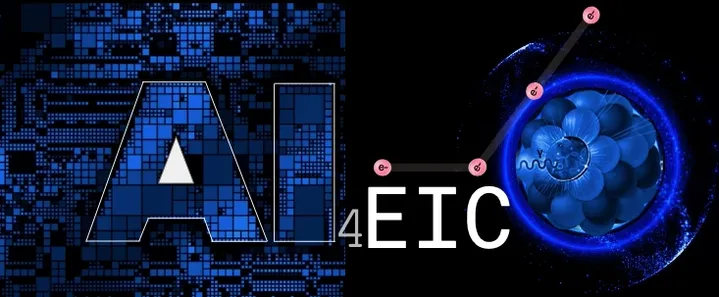Speaker
Description
Particle accelerator optimization problems deal with non-linear,
multi-objective functions which depend on thousands of time-varying machine components and settings. These properties often meet the limitations of traditional optimization methods and make this problem a perfect candidate for
application of ML-based techniques. In this talk I will present, how ML can improve the control of the beams on the example of the LHC and give a short outlook on the ML application to accelerator design. Main focus of the presentation will be the application of decision tree - based methods to instrumentation faults detection, reconstruction and correction of magnet
errors, and supervised learning for virtual diagnostics, which enables to obtain accurate information of beam properties without time-costly measurements.

